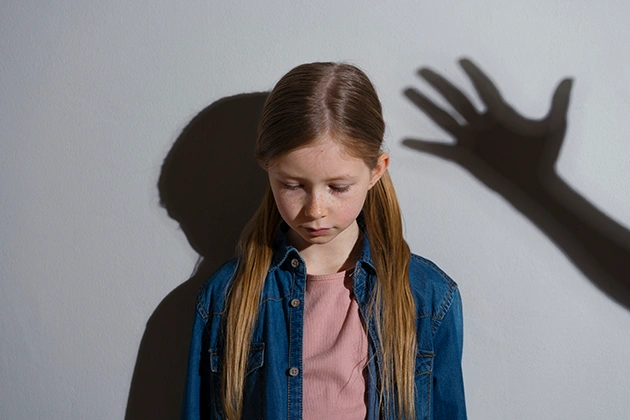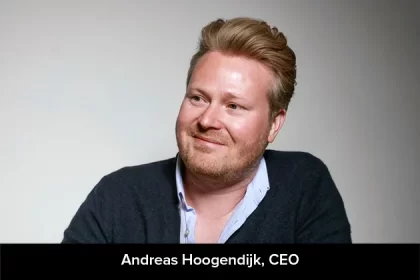Child abuse allegations are serious and can involve lengthy and thorough investigations to ensure that the child is kept safe from further harm. As a busy parent, you’re likely wondering just what the process will involve and how much it can disrupt your life. Depending on the identity of the abuser and the crimes involved, there are a few ways an investigation can go. Understanding what the general legal process behind a child abuse case involves can help you better prepare and plan for this stressful time period.
The Reporting Process
When child abuse is revealed, prompt reporting can help families take immediate action. Reports to law enforcement, relevant authorities (such as school boards), and Child Protective Services can help launch an investigation against the accused. These entities will record your contact information, details about the abuse, and accept any evidence or documentation you have. From there, they will begin to individually investigate these claims to the full extent of the law. If necessary, law enforcement may consult with courts to issue temporary custody orders, protective orders, and other protection for your child. Reporting establishes a record and is one of the most important parts of the investigation process. If you find out about child abuse, reporting it immediately can yield more successful results.
The Investigation
Law enforcement, Child Protective Services, and other entities will investigate the allegations to the best of their ability. There are many steps involved in an investigation, and it can take weeks, months, or even years in some circumstances. They will conduct interviews with relevant parties, collect evidence on the child’s behalf, and seek out any witnesses if applicable. They may temporarily remove the child from harm’s way if necessary. Home visits are often conducted to gain a full picture of the child’s life and living environment. They will establish safety plans, if required, to prevent future abuse from occurring. How the investigation and results of the investigation play out will vary depending on the situation and who the abuser allegedly is.
Child Forensic Interviews
During the investigation, authorities will need to interview your child to establish a timeline and determine what occurred according to the victim. These interviews will be conducted by law enforcement and trauma-informed professionals, as applicable. Often, parents are not present during these interviews to avoid influencing a child’s answers under parental pressure, but circumstances may vary. You will be informed and updated during the process. These interviews are important for establishing a sequence of events and gathering evidence against an abuser. Illinois families filed sexual abuse lawsuits against IYC Chicago, a youth center, where victims were interviewed about their time there. Interviews revealed that staff members were abusing multiple teenagers. Forensic interviews with child victims can be emotionally heavy, but can often yield significant progress in the investigation.
Protective Measures
During the investigation, your child may need to be removed from certain environments in order to keep them safe from further abuse. Depending on who the alleged abuser is, these protective measures can look different from case to case. Sometimes, a restraining or protective order will be necessary so the abuser cannot go near the child. At other times, a child may need to be placed in protective custody. Child welfare court may be necessary if the child needs a more permanent custody change or relocation from their home. Law enforcement and attorneys can help explain and navigate through these options to ensure the safety of your child.
Court Proceedings
When it comes to abuse cases, many opt to pursue criminal charges. Criminal investigations involve law enforcement trying the abuser in criminal court. If found guilty, they will be prosecuted according to the charges brought against them, which may include imprisonment. Sometimes, evidence is circumstantial, and criminal charges are dropped. Families can also choose to pursue the abuser in civil court to receive compensation against damages caused by the abuser. Family court may also be involved where custody, divorce, or rehoming matters are necessary.
Legal Representation
During any type of child abuse investigation, families can obtain an attorney to understand their legal options and rights. An attorney can help you file charges, represent you in court, and ensure your child is protected throughout the process. Abusers will often obtain criminal defense attorneys to ensure their rights are protected through the investigation as well. Having a trauma-informed attorney who is experienced in abuse cases, particularly child abuse, can be a major asset in the case.
Potential Outcomes
Child abuse cases can have many outcomes depending on the strength of the evidence, the prosecuting and defense teams, the type of charges pressed, and more. In cases where no charges are filed against the abuser, the child and their family will need to find safety and maintain protective orders against them. Other times, a criminal conviction will occur against an abuser. When investigations are complete, children are often reunited with their families if protective custody was involved and it is safe to do so. On the other hand, if parents are the accused, they may be terminated from their parental rights for the child’s safety. Ongoing monitoring may be required if the risk to the child’s safety remains a concern. Compensation may be awarded if the case is pursued in civil court.
Conclusion
A child abuse investigation can be harrowing and stressful. Understanding the steps and actions taken by law enforcement can help you prepare more easily. Depending on the type of investigation and the identity of the abuser, your child may be placed into temporary custody or under a protective order. Evidence will be gathered to corroborate the report, and your child may be interviewed to establish a summary of what occurred. Timely reporting is crucial to ensure that your child reaches safety as soon as possible. The results from an investigation can vary depending on whether the abuser is prosecuted, but can include permanent custody changes, criminal prosecution of the abuser, and compensation awarded to the victim.










